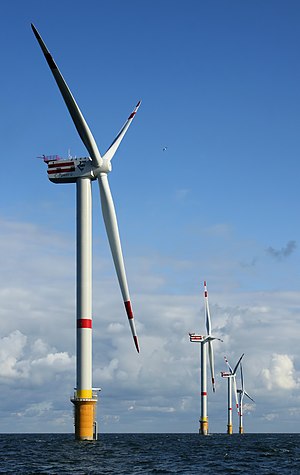 Image via WikipediaAfter spending two weeks on Facebook and 10 or so days on RSVP in the last month, I am surprised at just how unfulfilled I feel. This experience has left me drained, exhausted and tired. The obsessiveness with which I attacked this task has no doubt contributed to this feeling of emptiness, as too has the inadequacy I feel when constantly bombarded by claims of Buddhist enlightenment, Hindu pantheons, Christian and Islamic fundamentalism, half full glasses and the oneness of the world.
Image via WikipediaAfter spending two weeks on Facebook and 10 or so days on RSVP in the last month, I am surprised at just how unfulfilled I feel. This experience has left me drained, exhausted and tired. The obsessiveness with which I attacked this task has no doubt contributed to this feeling of emptiness, as too has the inadequacy I feel when constantly bombarded by claims of Buddhist enlightenment, Hindu pantheons, Christian and Islamic fundamentalism, half full glasses and the oneness of the world.My experience of these sites has left me believing, that in spite of the claims made by various 'members' on their pages, that what I feel when confronted by these claims to spiritual superiority is counterfactual to the stated aims of the creators of these pages. I am left with a feeling that to me is anything but spiritual, my stomach an empty space robbed of whatever sober thought or emotion previously taking seat there, and wondering what on earth I am wasting my time reading and responding to empty platitudes and hopes rather than anything of substance.
I left these sites this morning and have been growing happier minute by minute ever since. I can walk down the street again and say hello to a real person and smile, offer my hand in solidarity, asking nothing of them and accepting without question their humanity.
What is it to be spiritual? For me this seems to be the question at the heart of this matter. I don't know how to answer that. Surely it is tied up in someway with words used kindly and acts of genuine humanity. But that doesn't seem to go far enough. If the words and actions are given to boost my ego, that is, with an aim to making me look good in the world, of become a petty god or guru, then isn't this the antithesis of spirituality, which surely is tied up with humility?
It is not that I am against metaphysics, not at all, it just seems to me that much of what I was exposed to in the past month has a smell of sophistry and pedantry, of people claiming that they could read my mind but never once told me exactly what I was thinking. Ancient claims presented as if the writer had only now thought of this proverb or that with a stroke of inspired genius.
Of course there where exceptions. A Spanish lady who had studied philosophy as well as being a practicing Catholic flattered me without expecting anything in return. Nevertheless, I returned the pleasure. This was a rare moment of human innocence. I had similar experience with a Philipino lady, a retired teacher in the outer suburbs, and a recovering alcoholic.
To me, these were truly human experiences as there was no pressure at all to conform, no feeling of having to submit to an idea which one could not live up to, and most importantly, a feeling that I had connected with something unspoken, ethereal and ephemeral. Perhaps that was what is called spiritual. Simply the feeling of non-exploitative human communications.
I think I'll just stick with looking people in the eye and offering my hand.
Related articles by Zemanta
- Big Religion and Spirituality Questions Blog by Aimee Larsen Stoddard (relijournal.com)
- Arjuna Ardagh: Charging Money for the Truth (huffingtonpost.com)
- Are there dangers in being 'spiritual but not religious'? (cnn.com)
- Meditation: Why Bother? (vipassana.com)
- The Myth of Freedom (zacharyburt.com)
















